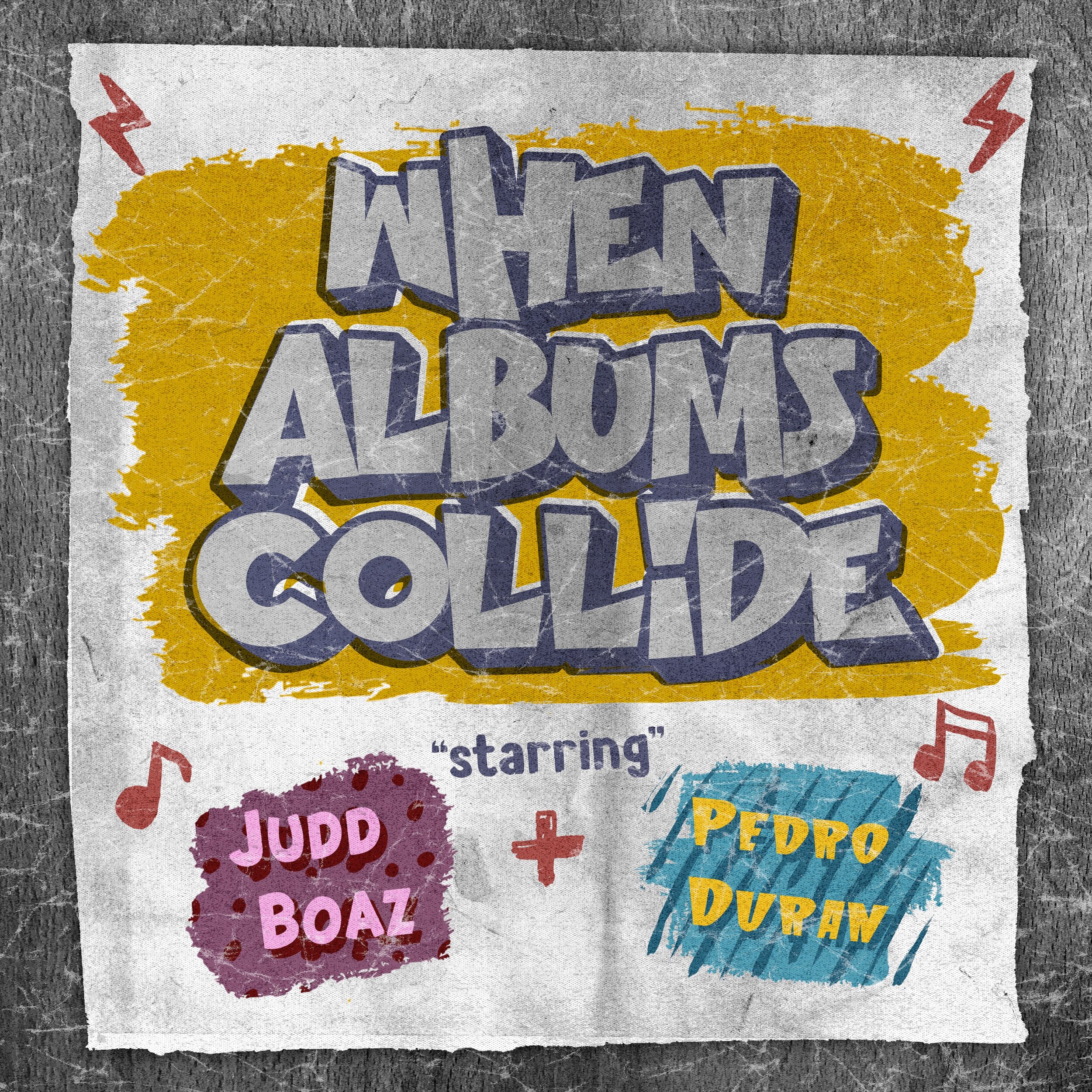In 2002, Ethan Alapatt was the general manager of Stones Throw Records. During that Spring, they had promised to fly out a mysterious underground rapper to LA, in hopes of creating an album with a talented beat producer on their roster. They had also promised to pay him 1500 dollars, which they soon realised after paying for the flights, they didn't actually have.
“The first thing his manager did was get me in my bedroom, which was also the office, and corner me about the 1,500 bucks,” Alapatt says. “I realized that if she was in here, then her client was with our producer out there, and the longer I kept up this charade with her, the longer they’ll vibe and maybe it all might work out.”
As it turns out, they did vibe. Eventually the financial issues were ironed out, and a contract between the label and two talents was signed on an old paper plate. Their relationship entered a state of complte symbiosis.
In a haze of marijuana smoke, alcohol, thai food and old vinyl records, the two men began wordlessly producing one of the most critically acclaimed hip hop albums of all time.
As producer Otis Jackson Jr. described : "I’ll hand him a beats CD, I go to sleep, he’ll work on some music, he’ll go to sleep. I’ll wake up, I’ll make some more beats, listen to what he did.”
"We hardly spoke," said rapper Daniel Dumile of the recording "It was more through telepathy. We spoke through the music."
The recording process was not without it's troubles. While working on the album on a trip to Brazil, the unfinished demo was stolen and leaked on the internet, 14 months before its official release. But the pair doubled down, lighting a creative spark in each other that saw them re-record and rebuild the album again and again, elevating it to legendary status.
Both men became synonymous with the project, and following Dumile's death in October 2020, it remains his clear magnum opus, a landmark in alternative hip hop and a stark reminder to everyone: ALL CAPS when you spell the man's name.
Upon it's release on March 23rd, 2004, Madvillainy was quickly lauded as one of the greatest hip hop albums of all time, pinpointed as both Madlib's and MF DOOM's respective masterpieces.
Of course, it wasn't the ONLY rap album to be released that day. As it turns out, Master P also released his double album "Good Side/Bad Side" that day, to mild reviews and modest chart success.
How does it stack up against Madvillainy? Why does Master P need to find a lawyer so badly? And what is Pedro's dark past as a No Limit Soldier? We're gonna find out. Welcome to When Albums Collide
